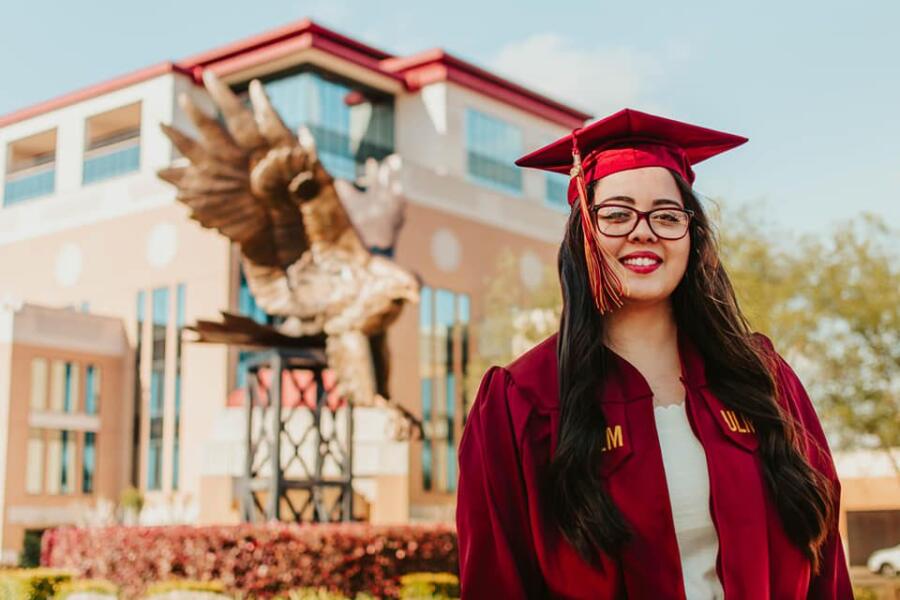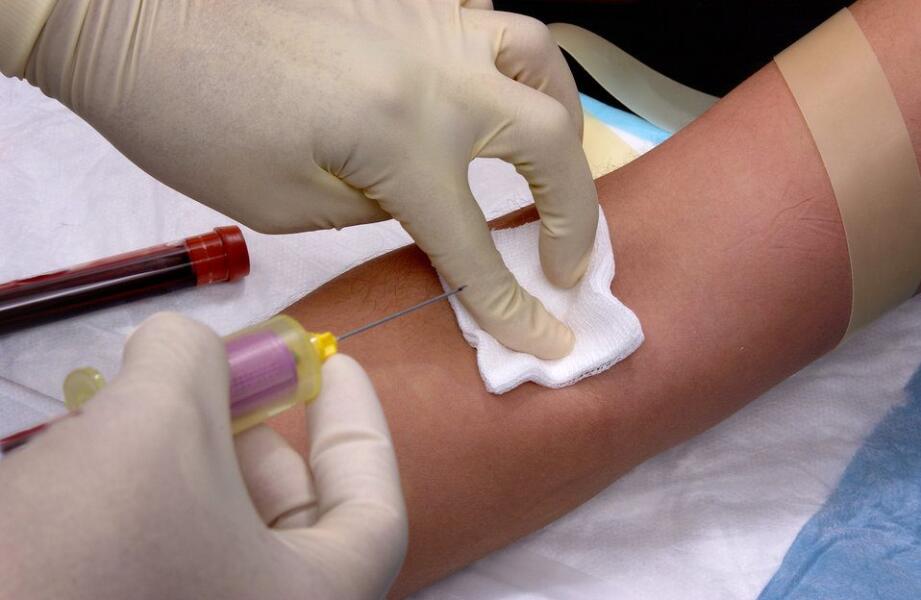Cheyenne Reyes, ASCLS Region VII Developing Professional Representative
|
|
 |
| While completing her degree in medical laboratory science, Cheyenne Reyes worked as a phlebotomist. This gave her a unique perspective of the laboratory through the eyes of phlebotomists. |
As most of us have experienced before, very few people know what we do as medical laboratory scientists (MLSs). However, most people are aware of the nursing profession, and many know of phlebotomists. The reason is simple: patients see and communicate with them.
Phlebotomists are the foundation of the laboratory, and as I have heard at many clinical sites, “our results are only as good as the samples that are given to us.” The symbiosis of phlebotomists and laboratory scientists is of substantial importance. In some places, the MLS collects their own specimens, but most of the time laboratory professionals depend on phlebotomists or nurses for collection. Phlebotomists are our connection to patients. What would medicine be without laboratory results and people who are intimately familiar with them? On the other hand, what would the laboratory be without specimens on which to perform these tests?
We are all aware of the issues that arise when laboratory results are misinterpreted or mistaken in some way. Knowing these difficulties, try to imagine a world in which there are no laboratory results of any sort to aid doctors in their diagnoses. Laboratory science plays an important role in medical advancement. Without it, medicine would not exist as we know it. However, each test must be performed on a patient’s specimen, most commonly his or her blood. If it weren’t for phlebotomists, the laboratory scientists would have to draw their own samples, leading to a delay in patient results. Often, patient data is the sole reason for a diagnosis, and they are very time sensitive. A span of 30 minutes can mean a world of difference for a stroke patient. We depend on our phlebotomists to collect quality samples that are transported to the lab quickly so we can perform tests as soon as possible.
My Experience as a Phlebotomist
As an MLS student, I was given a wonderful opportunity to be trained on the job and work as a phlebotomist while taking classes. Thanks to this job, I have gained an understanding of the laboratory that many of my peers have not experienced. During my time at work and in clinicals, I noticed some laboratory scientists pay little attention to what phlebotomists must deal with, which inspired me to pass out a survey to both phlebotomists and medical laboratory scientists.
In my survey, several phlebotomists did not feel respected or appreciated by their laboratory scientists. Phlebotomists have expressed that MLSs “look at our title as nothing,” even though “we are a major part of the lab.” Some even feel as though they are viewed as working for the laboratory professionals, rather than with them.
While I am fully aware that samples must be held to a certain standard, we also must think about how many times that patient was probably stuck to get that 1mL of blood. The phlebotomists must go up to that patient and tell them they must try to draw blood again for the 16th time in an hour because the last sample was not good enough. If we need a recollect and their outpatient waiting room is full, we must have patience or be willing to help. Receiving samples from the pneumatic tube system, drawing outpatients, and answering the phone may not seem like a lot, until you are in the middle of it. They do not need a laboratory professional to ask them about another sample that needs to be recollected every five minutes.
During my few years of work and school, I have met a variety of people working as medical laboratory scientists. They have bestowed upon me knowledge that can only come from many years of experience in the field. While some may be surprised to learn about the lack of respect toward phlebotomists, the results of this survey seem to indicate that the feelings of the phlebotomists are not unfounded. Many medical laboratory scientists firmly believe in aiding and thanking their phlebotomists. However, there are a few that believe phlebotomists “shouldn’t feel anything” about their unwillingness to help because it’s the phlebotomist’s job, and “they will feel thankful if I’m willing to help.”
Working Together with Mutual Respect
The attitude that is expressed in statements like these are not conducive to a productive environment. A key factor in the laboratory setting is building trust among all employees, no matter their title. We all want to feel appreciated, and we should apply that to our phlebotomists as well. They represent our laboratory to the patients we do not see. If they are miserable at work, consider the impression it gives the patients about the lab.
The laboratory is one big instrument. All departments play their own role, and for everything to run smoothly, all the pieces and mechanisms need to be working together. While most laboratory professionals are aware of this, phlebotomy is often overlooked. Unfortunately, this is not an uncommon occurrence. If we encourage growth, support, and trust within our lab, including the phlebotomists, we grease the wheels to a dependable and efficient machine.
Cheyenne Reyes recently graduated with a degree in medical laboratory science from the University of Louisiana Monroe.

 Photo credit: CDC/ Jim Gathany
Photo credit: CDC/ Jim Gathany